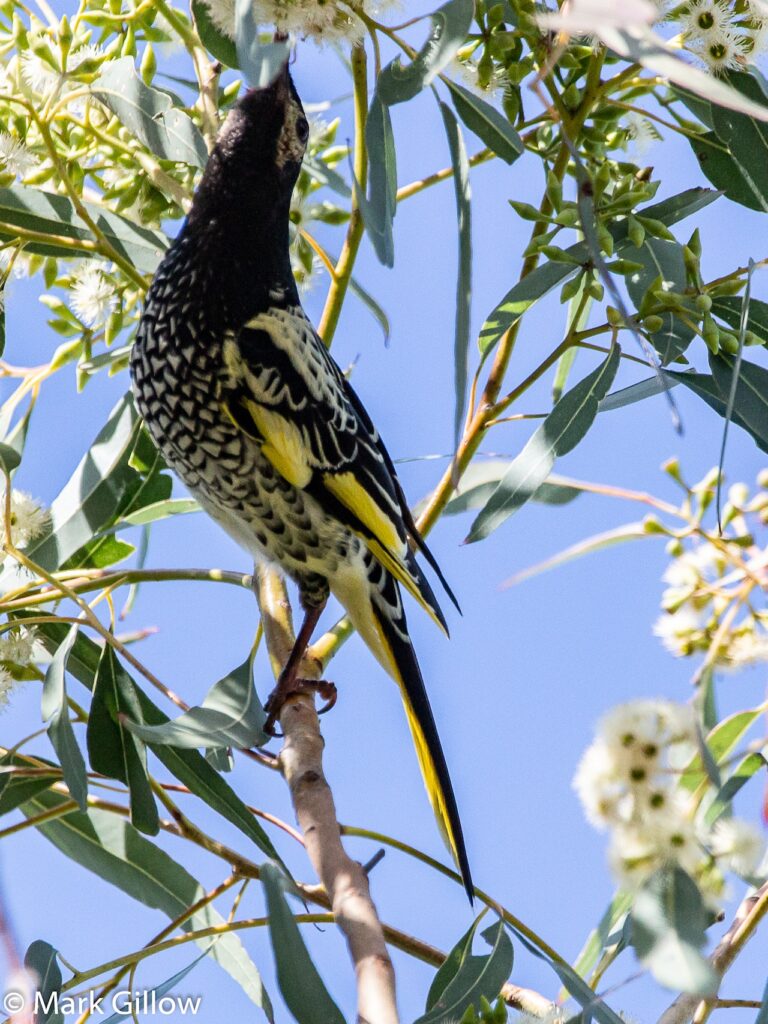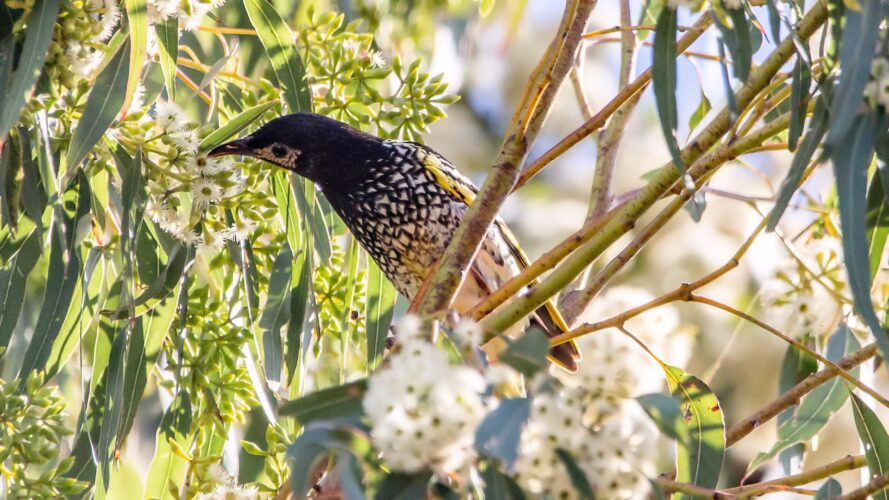Cultures in humans and animals are maintained through interactions among representatives of the species. Just as children learn to speak from their elders, many young bird species learn to sing the right song by associating with other older members of the same species. It’s important for birds to learn how to sing properly because song helps birds in securing a nesting territory and a partner.
Bird songs also have noticeable effect on humans. They have been shown to relieve tension and boost mood, and they perform for free, which is a pleasant bonus.
Their song is a good example of a cultural characteristic preserved in a community. It helps to share information amongst associates who live together and communicate with each other, similar to human language. When young birds leave the nest and move out into the big wide world, they must form bonds with other, older males to listen to them sing and repeat the song again and again. Unfortunately, due to diminishing population numbers, some songbird species are beginning to lose their abilities.
Lost songs of the birds

Birdsong is one of the most studied aspects of animal behavior. Listening to, repeating, and refining the songs of older flock mates is how young songbirds learn to sing. The first year of bird’s life is crucial to learning songs, after which a bird’s song is “fixed.”
Songs help in mate attraction and territorial protection. Therefore song learning accuracy can lead to significant reproduction success. Female birds avoid male birds who sing strange songs.
According to a study published in March 2021 in Australia, due to the population decline, male songbirds are having trouble picking up on the songs to attract mates — just as humans lose their culture with future generations, these birds are losing theirs over time.
Regent Honeyeater is an endangered species that has “forgotten its song.”
The Regent Honeyeater (Anthochaera phrygia), which was once common in south-eastern Australia, is now critically endangered, with just 300 individuals left. Ecologists from the Australian National University discovered that as populations decline, remaining regent honeyeaters lose their rich repertoire of songs. Adult honeyeaters are becoming increasingly rare, putting the honeyeater’s vocabulary at risk. If they cannot sing songs that are not impressive enough to attract a partner, their chances of reproducing are also reduced.
Dr. Crates, a member of the Australian National University’s Difficult Bird Research Group in Canberra, is now attempting to conserve the birds’ song by teaching captive honeyeaters the songs of their wild relatives.
The regent honeyeater’s loss of song culture is one of last warning signs. The species is on the verge of extinction. Extinction can probably still be stopped with human help and strategies to help restore the habitats and bird population.
Bonus: video about regent honeyeater’s songs featured below.
Top photo by Mark Gillow (CC-BY) / Flickr


